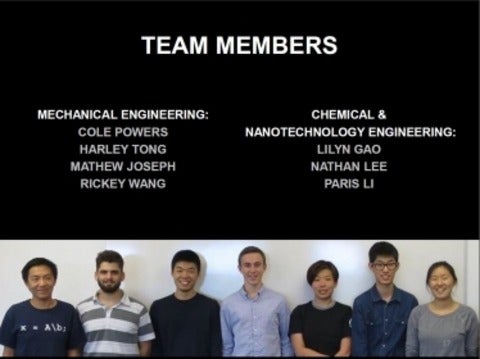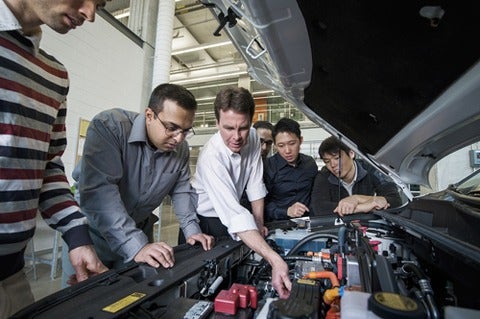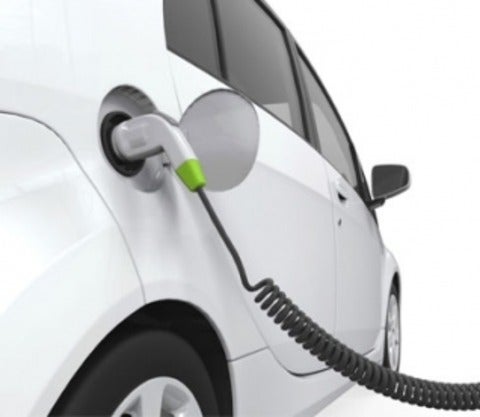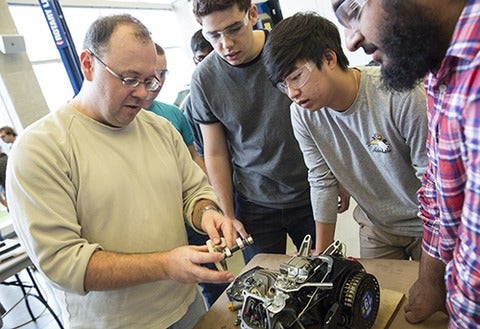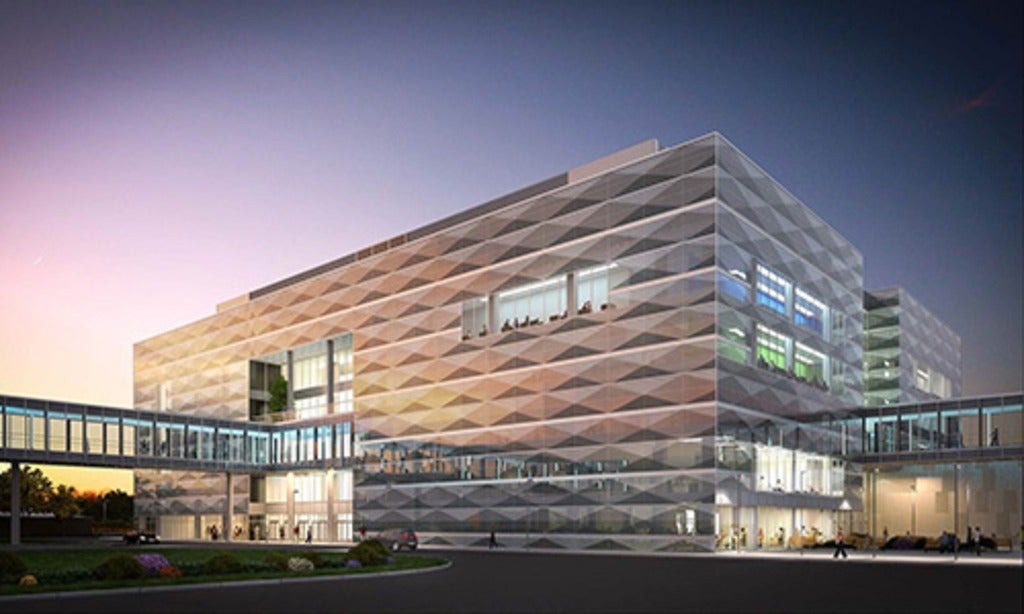CFI funding supports clean cars of the future
Waterloo Engineering automotive research projects are receiving financial support from the Canada Foundation for Innovation's (CFI) Automotive Partnership Canada Fund. The two initiatives will help improve fuel efficiency: one by developing lightweight parts and the other by designing intelligent control systems.
